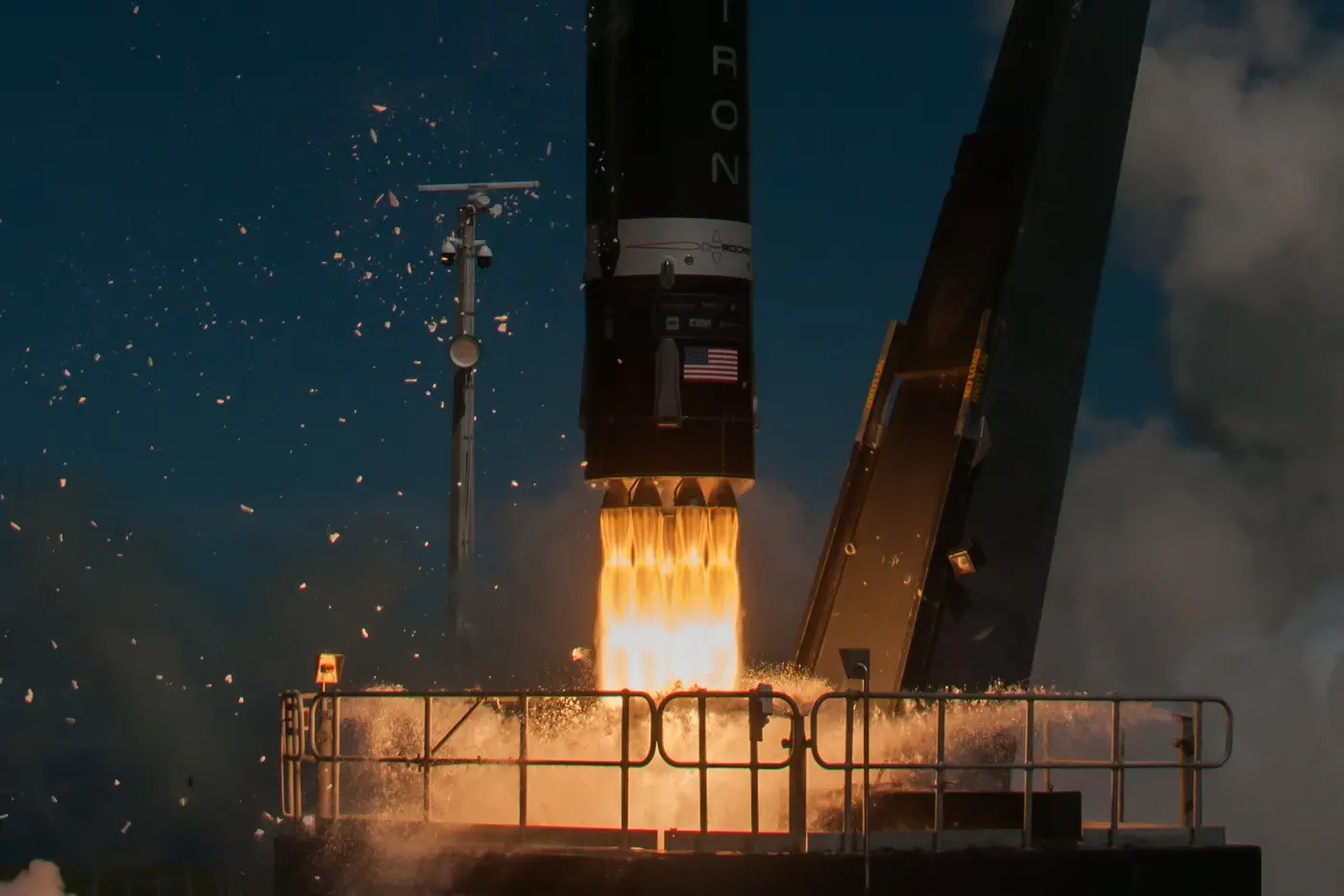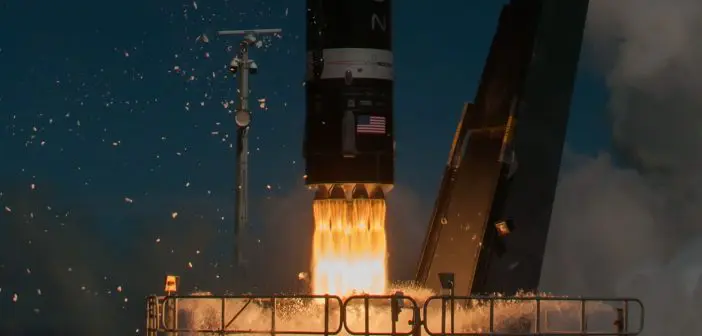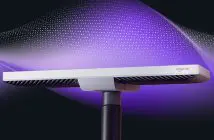
A Rocket Lab Electron rocket took an Earth-observing radar satellite into orbit for Capella Space overnight, lifting off from the company’s launch pad on New Zealand’s Mahia Peninsula.
The two-stage rocket lifted off at 11.18 pm AEST on August 11, Rocket Lab’s 52nd Electron launch so far, and 10th this year. Just over one hour and 17 minutes after launch, Capella’s payload was successfully deployed.
“’A Sky Full of SARs’ is Rocket Lab’s fifth launch for Capella Space across multiple launch contracts beginning from 2020,” reads a Rocket Lab’s press release. “The mission will deploy Capella’s Acadia-3 SAR satellite, a synthetic aperture radar satellite for Earth imagery and observation, to a mid-inclination 615-kilometre circular orbit to add to Capella’s existing SAR satellite constellation in low Earth orbit.”
Previous Electron launches to have delivered Capella Space satellites to orbit include ‘We Love The Nightlife’ and ‘Stronger Together’ launched in 2023 from Rocket Lab’s launch sites in the United States and New Zealand, and the ‘I Can’t Believe It’s Not Optical’ mission launched in 2020.
This mission will be supported by a Rocket Lab-manufactured Motorised Lightband – separation systems for the satellite to attach to and deploy from Electron once in space.
Capella Space’s satellites generate high-quality SAR imagery data for dozens of industries worldwide, including defence and intelligence, supply chain, insurance, and maritime, among others. Its key clients are the US and Japanese Governments. However, Capella is also eyeing other international markets, including the UK and UAE, as potential growth markets.
Originally a Kiwi company, Rocket Lab is now a California-based publicly traded company whose active New Zealand spaceport is a direct result of that country signing the US’s Technology Safeguards Agreement.
The launch comes just days after Rocket Lab successfully hot-fired its new Archimedes rocket engine for the first time at NASA’s Stennis Space Center in Mississippi. Archimedes will power Rocket Lab’s new medium-lift rocket called Neutron. The rocket performed well during the hot-firing and ticked off several key test objectives, including reaching 102% power. Barring any production upsets or delays, Archimedes is shaping up as the fastest commercially developed launch vehicle brought to market.
Meanwhile, Rocket Lab has announced record quarterly revenue of USD106 million for the three months to June 30, 2024, and says it is on the way to breaking even once the Neutron launches start, potentially as soon as 2025.
Rocket Lab had said it would send its Electron rockets into space 22 times in 2024. They’ve reduced that to 18 lift-offs (and currently have five launch dates locked in across the remainder of 2024), saying the level of customer readiness was not there to sustain the earlier forecast.
However, Rocket Lab has signed contracts for 17 launches in the last 12 months, worth USD141 million to the business. The company now has a revenue backlog of USD1.07 billion, around 40% of which they expect to realise before the end of 2025.
“Of all the things that concern me, demand is just not one of them,” CEO Peter Beck told last week’s earnings call.





